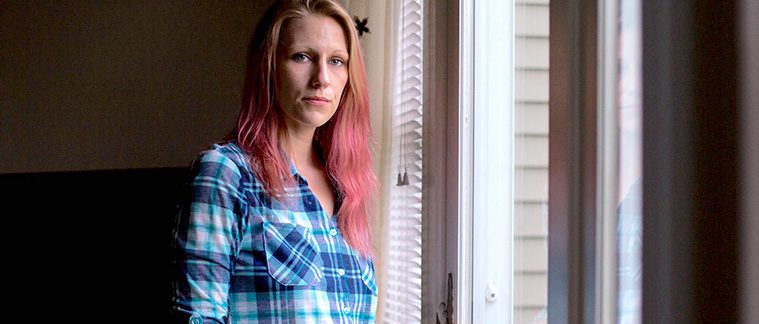Tough Love or Tough S**t –
June 4, 2018 – As soon as Julie Eldred was granted probation for stealing jewelry to buy drugs, she got busy fulfilling the judge’s conditions. She began an intensive outpatient treatment program. She even went an extra step and started daily doses of Suboxone, a medication that can quell opiate cravings. Then she relapsed and snorted her drug of choice — fentanyl. To stop from plunging into free fall, she asked her doctor for a stronger dose of Suboxone. She stayed clean the next day. And the next. But the following morning, 11 days after her probation began, she had her first drug screen and tested positive. Traces of fentanyl had lingered in her system. Within hours, she was shackled, strip-searched and incarcerated.Should an addict’s relapse be punished with a criminal sanction? Ms. Eldred has put that question before the Massachusetts Supreme Judicial Court, in a case that may have widespread ripples, as hundreds of thousands of addicted people tumble into the criminal justice system. Remaining drug-free is an almost universal requirement of probation. Violating it can bring sanctions ranging from a warning to, frequently, jail.



